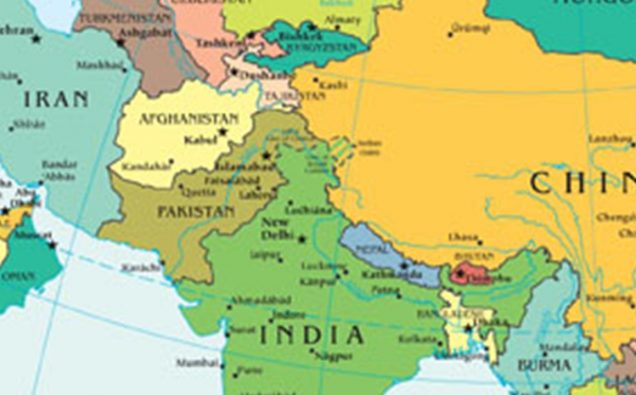
Confronted with a tough foreign policy challenge in the wake of a contentious border clash with China, Indian Prime Minister Narendra Modi has found no public support from South Asian countries.
And that is not the only challenge facing Modi, whose second term has upstaged India from the path of regional alliances amid ongoing his BJP nationalist party’s policies that seek domination of the majority Hindu population.
The policies have particularly angered Muslim-majority neighbors where images of Indian extremists lynching Muslims have hurt the street sentiment as well as upset national leaders.
Bangladesh, Nepal and Sri Lanka all have chosen to remain silent. China has made huge investments in the region.
The hand-to-hand combat that escalated tensions between the two largest populations in the contested Ladakh territory in the Himalayas left 20 Indian soldiers, causing uproar in the country.
“If (Modi) thought he could count on the public support of neighbors as he faced his most significant foreign policy challenge as India’s leader, he was mistaken,” a New Delhi datelined piece by Bloomberg says.
“Amid a serious escalation of tensions with China following the first fatalities along their contested border in more than four decades, a surging epidemic and an economy heading for recession, the silence of India’s traditional regional allies and partners like Bangladesh and Nepal has been deafening,” writers Archana Chaudhary and Bibhudatta Pradhan, observe.
Both Bangladesh and Nepal have border disputes with India. The BJP’s brutal lockdown of Kashmir and anti-Muslims stances in the Citizenship Amendment Law and a national registrar have upset Muslim populations in the region.












